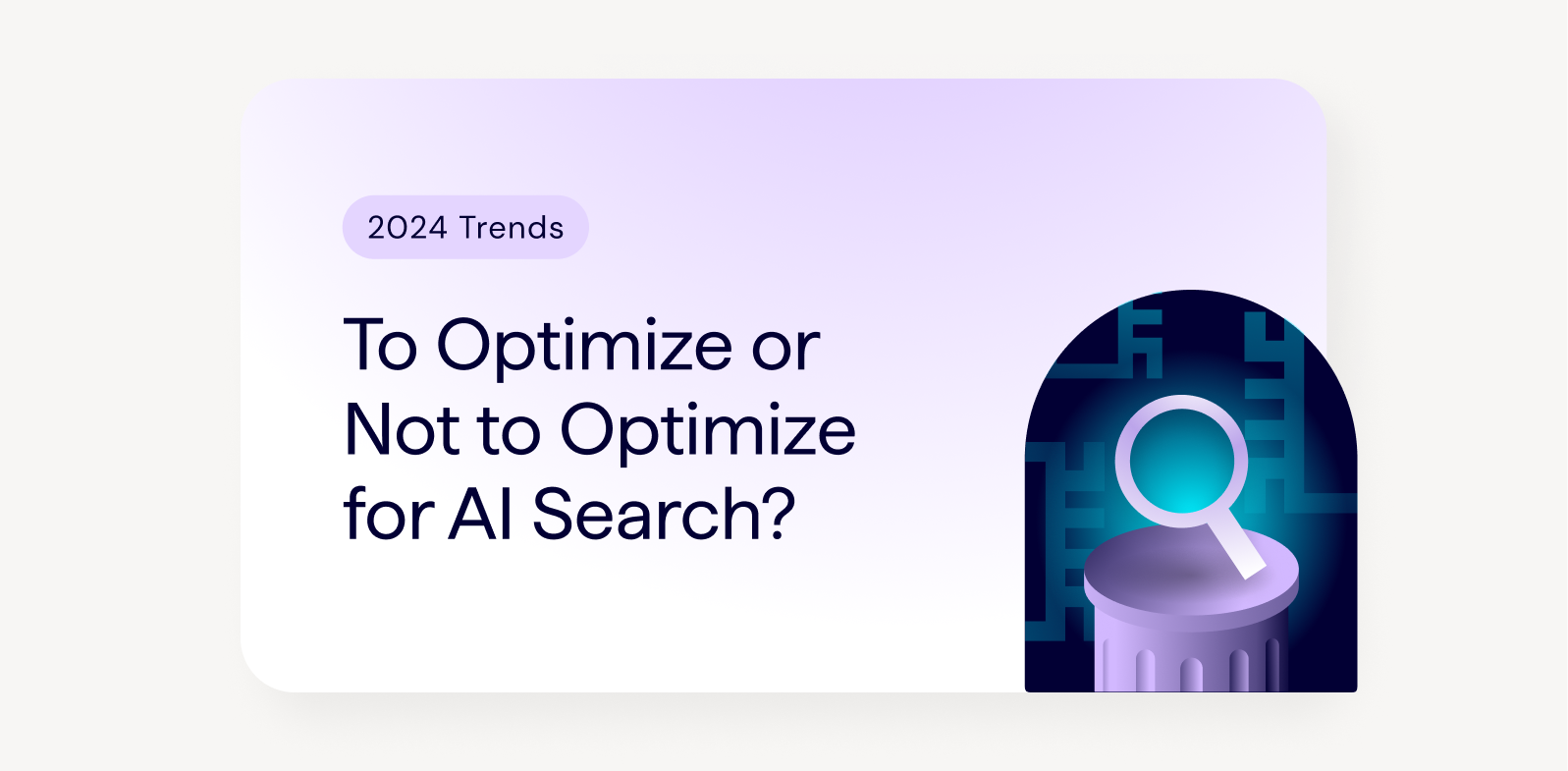Notes from the Google Webmaster Hangout on the 30th of November 2018.
Unique Images are More Likely to Generate a Link to Your Pages in Google Image search
Google image search will de-deuplicate images used on multiple websites and only link to a single page with the image, so a unique photo can be shown separately.
Crawling But Not indexing Pages is Normal for Pages with Content Already on Other Indexed Pages
It’s normal for Google to crawl URLs, but not index them if they are not considered useful for search, such as index and archive pages which have content already indexed on other pages. This has been the case for a long time, but these pages have become more visible recently due to the ‘Crawled – currently not indexed’ report in Search Console.
You can use non-English Language Locations Names in Image Sitemaps Geolocation Tags
You can use non-English languge names for locations in Image Sitemaps geolocation tags. You can test them by searching for the location in Google Maps and see if Google can figure out where the location is. John thinks that Google’s algorithms may not use the information.
Updated Organisation Schema Takes Weeks to Update in Google
Structured data updates take longer to update in Google’s index after crawling than the primary content of a page, such as titles and descriptions. It can take a week or so to process. Use Submit to Index in Fetch as Google or Inspect URL to to get Google to reprocess a page more quickly.
You Don’t Need to Optimise Specifically for Voice Search
At the moment you don’t have to do anything specific for voice search. If Google understand your content for other things in search, then Google should be able to understand the content for voice search.
Legal Interstitials Which Redirect Users May Block Google
If you have a legal interstitial, such as an age gate, which redirect a user to a different page and set a cookie, Google will not be able to crawl and index the content. You can use an HTML div overlayed on the page, or use JavaScript to load the interstitial so Google can still see the normal content in the HTML. If you need to redirect a user to a different page, then you could create a different page with content which doesn’t need the legal approval.
AdWords Quality Score Metrics Have No Relation to Organic Search
The AdWords landing page test and quality scores are completely different systems to organic search.
External Links to Other Pages May Help Google Understand the Context of a Page and Improve User Experience
Including external links to other pages can help Google to understand the context of a page a little bit, and may improve the user experience, but external links don’t impact rankings directly.
Google Crawl Rate May Take Time to Build for New Websites
Googlebot’s maximum crawl rate is limited to prevent a site slowing down, but Google doesn’t crawl more than it needs to. New websites take time to build trust to crawl and index new content as quickly as possible.
Server Location Shouldn’t Impact Google’s Page Speed Measurement
The geographic location of a web server shouldn’t impact Google’s measurement of page speed. They have labs data to artificially measure the speed a page would take, and field data to measure the speed of pages for real users.
Do Not Use URL Removal Tool for Redirected URLs
The URL removal tool does not affect indexing, only what is shown in search, and won’t speed up the migration of pages to a new URL. If you use the URL removal tool to remove redirected URLs from Google’s index, then the new pages may not show up until Google has had time to process the redirects.
Splitting or Merging Websites May Change Rankings
If you’re moving a whole website to a different domain, Google can move the signals across for the whole site. But if you’re splitting off part of a site to a new domain, or merging multiple websites, then the rankings may change as Google has to re-evaluate the sites individually.
Sites Are Only Moved to Mobile First Indexing When They Are Classified as Ready
Google has a classifier to measure if a site is ready to be moved to mobile indexing. If a site has not yet been moved to mobile first, it may be because the classifier has determined the site is not ready, or just that Google has not yet reached that site yet. Google is going to add some information in Search Console next year to highlight any issues preventing a site being moved to Mobile First Indexing.





